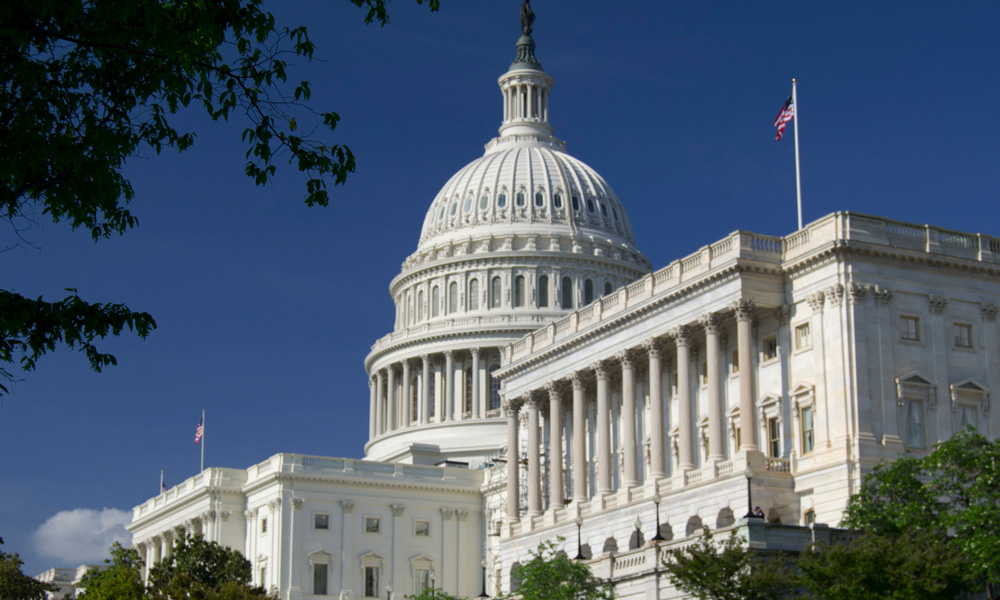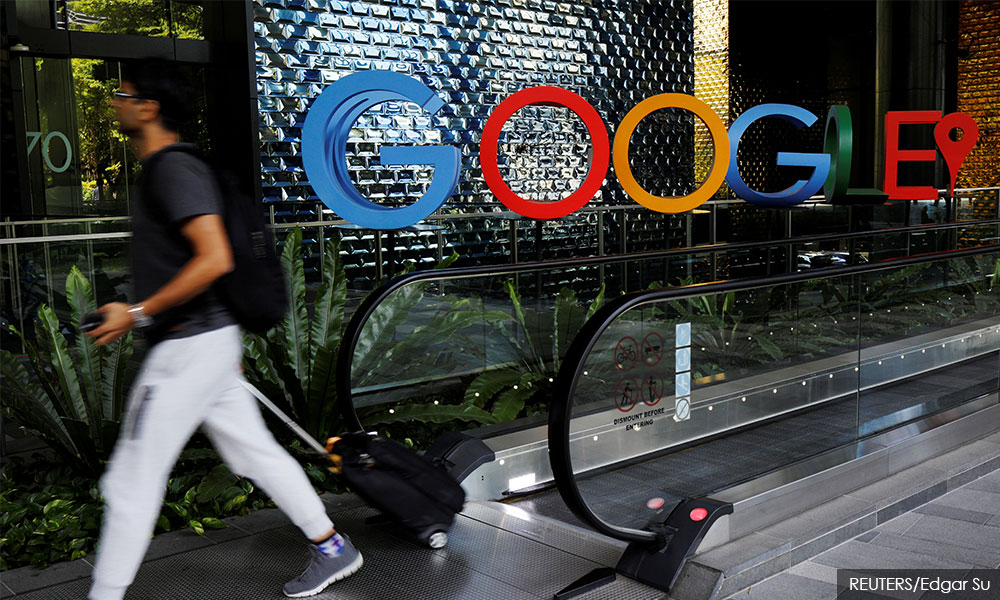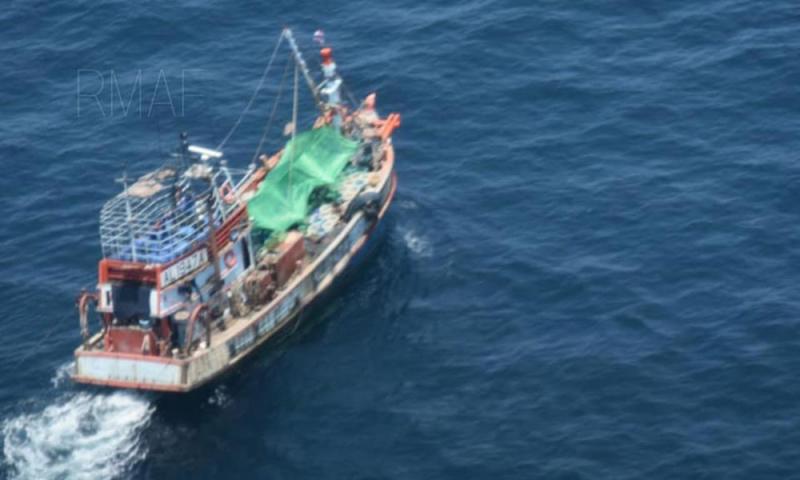COMMENT | The purpose of this article is not to persuade you to defend the rights of refugees. It seeks to debunk some myths which have caused common misconceptions about refugees, with facts and figures.
It is fine for us to disagree and to debate or discuss the rights of refugees, but we must do so based on facts and not falsehoods. So, here we go.
1. There are too many refugees in Malaysia.
According to UNHCR, as of end-March 2020, there are some 179,520 refugees and asylum-seekers registered with UNHCR in Malaysia. Too many? Maybe and certainly 180,000 is not a small figure. But let us put the numbers in perspective.
In the first quarter of the year, Malaysia is estimated to have 32.73 million population. Therefore, the number of registered refugees and asylum-seekers in Malaysia is only around 0.55 percent of the whole population of Malaysia.
2. All refugees here are Rohingyas.
Not true. According to UNHCR, only around 56 percent of the refugees and asylum-seekers here are Rohingyas and the rest are other ethnicities from Myanmar and from other countries, including Pakistan, Yemen, Somalia, Syria, Afghanistan, Sri Lanka, Iraq and Palestine.
3. All refugees are coming to Malaysia and other countries are not helping.
Not true. As of June 2019, there are 70.8 million forcibly displaced people worldwide, where 25.9 million of them are refugees. Therefore, Malaysia is only hosting around 0.7 percent of the total number of refugees worldwide and around 0.25 percent of the total forcibly displaced people.
Many other countries, including much poorer and less developed countries, are hosting way more refugees than us. In 2018, the top five countries which hosted the largest number of refugees worldwide are Turkey (3.7 million refugees), Pakistan (1.4 million), Uganda (1.2 million), Sudan (1.1 million) and Germany (1.1 million).
Countries such as Bangladesh are hosting more than 900,000 (possibly up to or even more than one million now) refugees and Thailand with more than 90,000.
In 2018 alone, 92,400 refugees were resettled globally with Canada admitting 28,100 refugees. Other countries that admitted large numbers of resettled refugees include the US (22,900), Australia (12,700), the UK (5,800) and France (5,600). When refugees are being resettled to these countries, it often means that they will get a permanent residency which may eventually lead up to citizenship.

Since 1980, the US has resettled more than 3 million refugees. Canada and Australia have resettled more than 600,000 and 400,000, respectively.
4. As Malaysia is not a signatory to the 1951 Refugee Convention, we do not have any responsibility towards refugees. We should send them back.
Not true. While it is true that Malaysia is not a signatory to the 1951 Convention Relating to the Status of Refugees and its 1967 protocol, it does not mean that Malaysia has no responsibility and can send the refugees back.
This is because the principle of non-refoulement guarantees that no one should be returned to a country where they would face torture, cruelty, inhuman or degrading treatment or punishment and other irreparable harm. The principle of non-refoulement is considered to form part of customary international law and therefore, the principle applies regardless if Malaysia is a signatory to the 1951 convention.
It has also been argued that “pushback” operations, that is, by intercepting the boats carrying refugees by not allowing them to land, may also amount to a violation of the principle of non-refoulement.
5. Refugees and economic migrants are the same. They are here to earn money.
Not true. An economic migrant normally leaves a country voluntarily to seek a better life. They can return to their home countries should they chose to do so, and they continue to receive the protection of their governments, even when they are abroad.
Refugees, on the other hand, flee because of the threat of persecution and cannot return safely. The 1951 Refugee Convention defines a refugee as a person who is outside his/her country of nationality or habitual residence; has a well-founded fear of persecution because of his/her race, religion, nationality, membership in a particular social group or political opinion; and is unable or unwilling to avail himself/herself of the protection of that country, or to return there, for fear of persecution.
Of course, when the refugees are here, they have to work in order to survive. However, as refugees are not recognised in Malaysia, they are not able to work legally. This often leads to exploitation. They often work in what is known as the "4D" sectors – jobs that are deemed to be dirty, dangerous, difficult and demeaning, jobs Malaysians would normally shun away from.
Also, as refugees are not recognised, they are being treated as illegal migrants where they are always at risk of being arrested and detained, and that also includes refugee children.
In detention, they can be subjected to abuse and torture. The mistreatment and abuse of refugees in Malaysia were exposed by Al Jazeera in its documentary in 2014, Malaysia’s Unwanted, which is an extensive investigation, complete with undercover filming.
6. If someone can afford to pay US$2,000 to US$3,000 to human traffickers or smugglers to get here, surely they cannot be a refugee.
Not true. And that shows the person who says this clearly does not understand what a refugee is. First, not all refugees have to be poor. Again, referring to the definition above, a refugee is someone who flees his or her country of nationality or habitual residence due to the fear of persecution.
Second, for refugees who are poor like the Rohingyas who have been living in hardship and exploitation, they often end up in a kind of bondage agreement with the traffickers.
7. Refugees are a burden and will always be a burden.
Not true. Again, that is the perception that most people have – refugees must be poor, uneducated, and low-skilled and they will always be. But Albert Einstein was a refugee! Sergey Brin, co-founder of Google, was a refugee too.

Of course, most refugees come from less developed countries but they are also able to contribute to society, like us, if given the opportunity. Many refugees and their children have done that. They have changed the world and made a difference in our lives.
Just Google (you probably can’t Google if Brin was not allowed to seek refuge in the US) the list of prominent refugees. And there are many more who are not on the list but who have become doctors, lawyers, artists, musicians, scientists, philosophers, singers, businesspersons, white and blue-collar workers, just like us. Refugees are just like us.
8. Refugees have done terrible things here including committing crimes.
Certainly, there are some bad apples. But isn’t it the same with us Malaysians? Many Malaysians have committed crimes overseas as well. Should those countries ban Malaysians?
The issue of refugees is not something new. Refugees have been in Malaysia since the 1970s, if not earlier, with the arrival of the Vietnamese refugees. We have been living with refugees since then. Why are we suddenly casting them in such a negative light so strongly?
During this stressful and challenging time where we are facing the Covid-19 pandemic, it is important for us to ensure that we are not doing this as a coping mechanism by deflecting the blame and attention to the refugees. We should stop persecuting the already persecuted.
Again, as mentioned at the beginning of this article, it is okay if you disagree with the rights of the refugees, just like different people have different views about capital punishment, abortion, gay rights etc.
But it is not okay when you spread fake news about them. It is not okay to sow hatred towards them. And it is not okay to demean them. Let us learn to agree to disagree but to disagree with facts. Let us learn to debate and discuss issues rationally, for our words reflects who we are.
Many have said that the way to solve the refugee crisis is to stop those "refugee-producing countries" from "producing" more refugees. Indeed, that is the solution. However, just like the pandemic, until and unless the vaccine can be developed, we have to embrace and learn how to live with the crisis.
So long as wars, armed conflicts and persecutions are continuing, refugees are here to stay. In fact, that is also the reason why upholding human rights is important. To end this crisis, we have to uphold and defend human rights to ensure no one is persecuted. To end this crisis, all of us have a role to play and it can be as simple as treating your fellow human being as one.
TAN ZHONG YAN is a law graduate and passionate about human rights.
The views expressed here are those of the author/contributor and do not necessarily represent the views of Malaysiakini.
Keep up with the latest information on the outbreak in the country with Malaysiakini's free Covid-19 tracker.
Malaysiakini is providing free access to the most important updates on the coronavirus pandemic. You can find them here.
Help keep independent media alive - subscribe to Malaysiakini.





